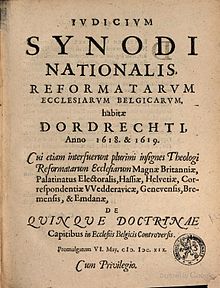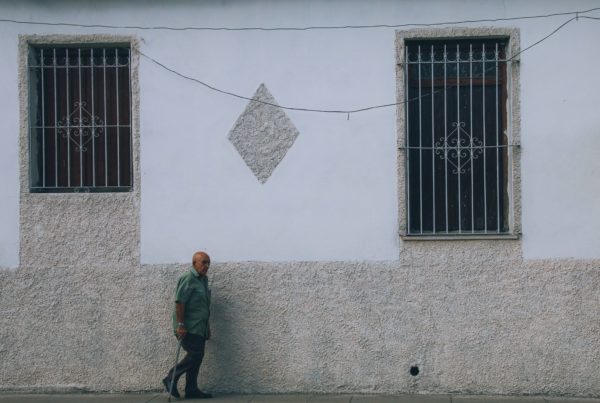This devotion reflects on Main Point I of the Canons of Dort.
“Am I too far gone?” he asked me. “Am I a lost cause?” In my relatively short pastoral ministry, I have had innumerable conversations like this one. So often we think that pride and self-centeredness are the besetting sins of the context of the global north and west. And for many, this may be the case. But for many others, the opposite problem plagues them: the sense that they are never good enough, and the paralyzing apathy that derives from that.
I don’t know about you, but I don’t spend a lot of time with people who would consider themselves “heroes of the faith.” The people that I spend time with are not bad, not by any stretch of the imagination. They’re great people. They’re ordinary folks, and not ordinary in a negative sense, but in the best sense. They’re also people who sometimes have much faith and sometimes have much doubt. And I think if all of us are honest, we reflect this faith–doubt–faith pattern more often than we’d like to admit.
Too often, election is presented as some are chosen and others are lost causes, and you always have to wonder which you are. This, however, is not at all the way election is taught by the canons. Indeed, the teachings of Dort on election drive us to a greater hope, because no one is a lost cause, no one is hopeless, no one is beyond the reaches of grace. Far from making us lax in our witness to the gospel, this causes us to be even more generous with it, knowing that God prepares hearts in which the gospel will take root—and none of us can determine limits of God’s grace.
At its heart, election is not a hard edge that speaks of a cold sovereignty of an aloof deity; it is the warm embrace of an eternally loving God who found us, even before we knew for what or whom we were looking. And it is this that gives me the confidence to tell the people entrusted to my care, “You’re not too far gone, and no one is a lost cause.”

At 400 years old, the Canons of Dort might seem like ancient history. Thankfully, they’re anything but.
Written in the midst of a conflict that threatened to tear the Netherlands apart, they insisted that salvation was pure grace. That’s a truth we still need to hear.
To celebrate their birthday, we’re offering devotional riffs on each of the main points of the canons:
Matthew van Maastricht
Matthew van Maastricht is a pastor and academic, pastoring the Altamont (Altamont, New York) and the Helderberg (Guilderland Center, New York) Reformed churches and serving as an adjunct instructor and Fellow of the Reformed Church Center at New Brunswick Theological Seminary.



